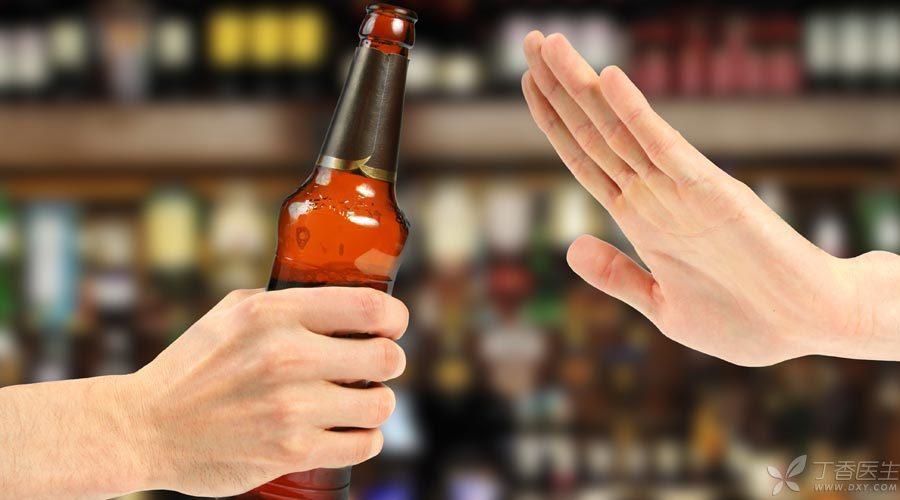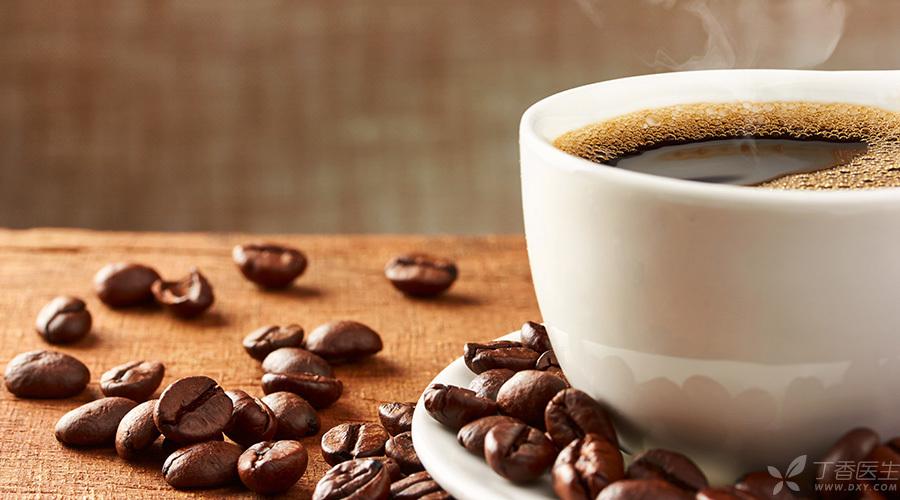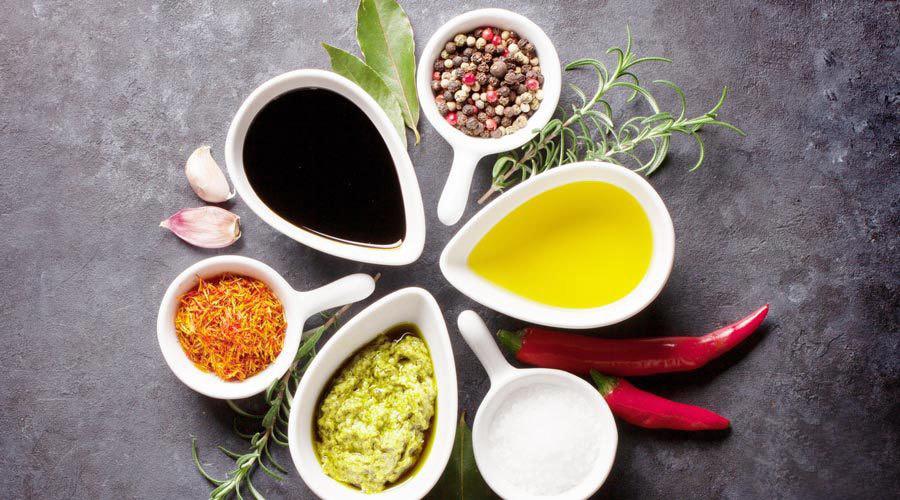
Mothers who are breast-feeding dare not eat either. [Can’t eat spicy food, otherwise the baby will get angry], [Can’t eat fruit, otherwise the baby will have diarrhea]… Whether to eat or not, how to eat, often makes breast-feeding mothers very confused.
Today we will solve the problems of mothers and talk about the diet of breast-feeding mothers.
Something that cannot be eaten

Alcohol bears the brunt of the ban on eating during lactation, which is very rare. Rice wine and sweet wine are used to promote lactation in many areas. In fact, it is not only ineffective but also very dangerous.
Alcohol, as a small molecular substance, is very easy to enter milk from the mother’s blood.
Alcohol can cause harm to the baby’s heart and liver, and also affect the nervous system, leading to abnormal excitement and even sleep disorder in the baby. For premature infants, babies of small months old and babies with congenital diseases, the impact is even greater.
Therefore, we do not recommend breast-feeding mothers to drink alcohol. If there are really occasions when they must drink alcohol, the amount control is very important. Beer should not exceed one bottle (350 ml) and red wine should be controlled within one small glass (40 g). It is recommended to breastfeed before drinking, and the interval between drinking and breastfeeding should be at least 2 hours.
A limited amount of food is needed. There are these

Many mothers have the habit of drinking coffee, coupled with taking care of their babies at night and not sleeping well, they are especially prone to drowsiness during the day. I want a cup of coffee to refresh myself, but I am afraid it will affect my children.
In fact, just like during pregnancy, you can drink moderate amount of caffeine during lactation. However, pay attention to the total amount of caffeine, not more than 200 mg per day, which is equivalent to a Starbucks medium cup.
It should be noted that caffeine is not only found in coffee, but also in our common foods such as tea, chocolate and cola. If you have already eaten other foods containing caffeine, you should drink less coffee.
It is also recommended to breastfeed before drinking coffee. The younger the age, the premature infants or mothers with congenital liver metabolic diseases need to limit caffeine intake.
Stimulus? Raw and cold food? Eatable

Many mothers will tell me that they are forbidden to eat irritating food during lactation. In fact, odorous condiments, such as chili, coriander, scallion, ginger, etc., will not harm the baby, but may change the smell of some milk.
Most babies don’t mind changing the taste of milk and often try different tastes, which will make it easier for babies to accept the taste of different foods when adding supplementary foods in the future.
Some mothers worry about the effect of raw and cold food on breast milk. In fact, milk is constant temperature and will not change due to the temperature of our food. Just as drinking hot water will not make breast milk [hot mouth], ice cream and sashimi will not make milk cool. As long as the source and processing meet hygiene standards, mothers can safely eat it.
There is no milk-returning food.

Milk is a great concern for nursing mothers. If they hear that certain foods will return milk, mothers will immediately flinch from them. However, if you search the Internet for [returned milk foods], the list can be so long that we almost have nothing to eat. For example, barley, oats, leeks, hawthorn, soya-bean milk, etc.
In fact, there is no common food in what that can effectively return milk. Therefore, mothers can eat whatever they want, while mothers who want to return milk through food will probably be disappointed.
In a word, there are really few foods that nursing mothers cannot eat at all. Therefore, eat happily and happily. Only when you eat well can you be a happy cow.
